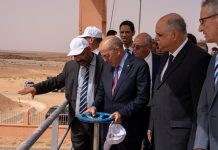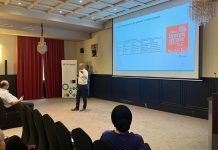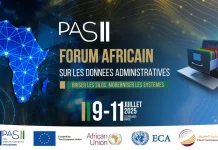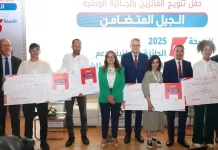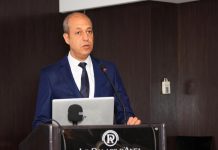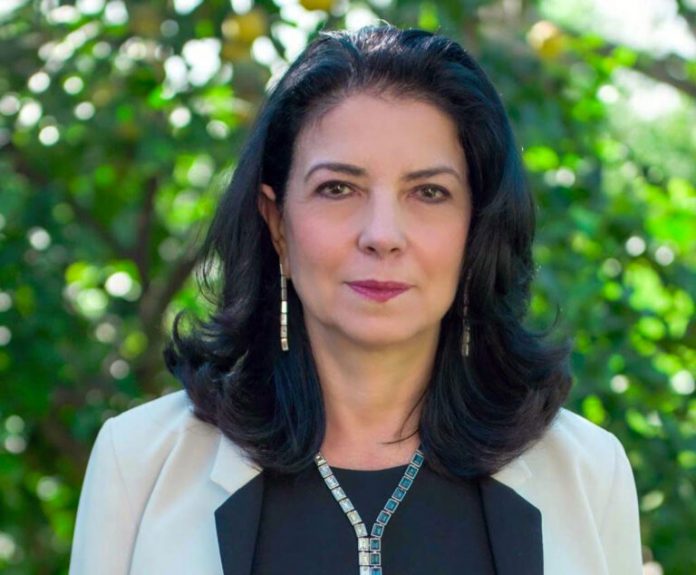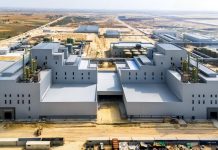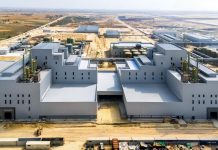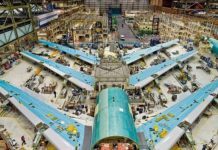Two months prior her nomination as Minister of Digital Transition and Administrative Reform, Amal El Fallah Seghrouchni gave us an exclusive interview in which she detailed Morocco’s strategy for artificial intelligence (AI). In this discussion, she unveiled the seven founding pillars of the International Center for Artificial Intelligence in Morocco, along with the challenges and opportunities that lie ahead for the country in this field.
IDM: What are the main initiatives and strategies implemented by the International Center for Artificial Intelligence to promote the development of AI in Morocco?
Amal El Fallah Seghrouchni: The main pillars we have established to develop AI in Morocco are seven in total. The first is the development of research, what we call R&D, with structuring projects that apply artificial intelligence in various sectors such as agriculture, health, finance, and banking.
The second pillar is training. We have set up courses, including executive master’s programs for professionals, but also programs for young people aged 8 to 14. We also offer tailored training for companies.
The third pillar is innovation. We encourage the development of innovative projects that can lead to the creation of startups.
The fourth pillar is knowledge transfer, by familiarizing society with AI and supporting companies that wish to use it to solve concrete problems.
Strategic studies, the fifth pillar, allow us to monitor the evolution of AI and define our forward-looking vision.
We also conduct field studies to better understand local needs, particularly in Morocco and Africa. Finally, our seventh pillar is about national and international collaborations, which are essential for creating added value with our partners.
What are the main challenges Morocco faces in integrating AI into its infrastructure and industries? What opportunities arise once these challenges are overcome?
The main challenge is training. We lack qualified AI talents, and it’s crucial to train experts capable of creating added value. Another challenge is connectivity, especially in rural areas where internet access remains limited. Integrating AI requires reliable connectivity everywhere.
There is also a challenge related to the mindset. Social acceptance of AI is still low due to fears, particularly about employment and data protection. Finally, there needs to be social and political awareness of the importance of AI, as it represents a major geopolitical issue.
The opportunities are numerous: Morocco could play a leading role in Africa in the AI field. Investing in this sector could transform many aspects of our economy and society.
How does the Center contribute to the training of AI talents in Morocco?
We have established several training programs for different audiences. We train PhD students, master’s students, but also young people aged 8 to 14. At Mohammed VI Polytechnic University (UM6P), for example, we train students up to the master’s level. We also organize innovation forums, attracting startups interested in AI. However, we still lack senior talent to mentor young professionals.
What are the ethical issues related to the use of AI in Morocco? What measures are being taken to ensure the responsible use of these technologies?
AI raises important ethical questions, especially in terms of cognitive manipulation. We must avoid any harm to human dignity. Morocco, through its partnerships with UNESCO, follows a well-defined ethical framework. This framework has been adopted by 193 member states and is one of the most ambitious in the field of AI.
It is also important to regulate the use of AI. Morocco must comply with international standards, especially so its products can be exported.
How can artificial intelligence solve some social challenges in Morocco, such as access to education or healthcare?
AI can provide concrete solutions to many challenges. For example, in education, it can help personalize learning paths and facilitate access to information for illiterate individuals. We have developed a tool called « Tarjwomen, » which allows rural women to read and understand documents, without being able to read.
In the health sector, AI can help patients interpret their medical prescriptions. In agriculture, it optimizes the use of natural resources like water and fertilizers, based on the specific needs of soils and crops.
Is AI for the Moroccan industry a tool for management, performance, or both?
AI is both a management and performance tool. It helps optimize processes, perform predictive maintenance, and create digital twins to monitor and improve industrial systems. We conducted a study on Industry X.0, which demonstrates the importance of integrating exponential technologies like AI to remain competitive.
Interview conducted by Rachid Mahmoudi for Industrie du Maroc.

